Home>Articles>What Is The Difference Between Blackout And Room Darkening Curtains
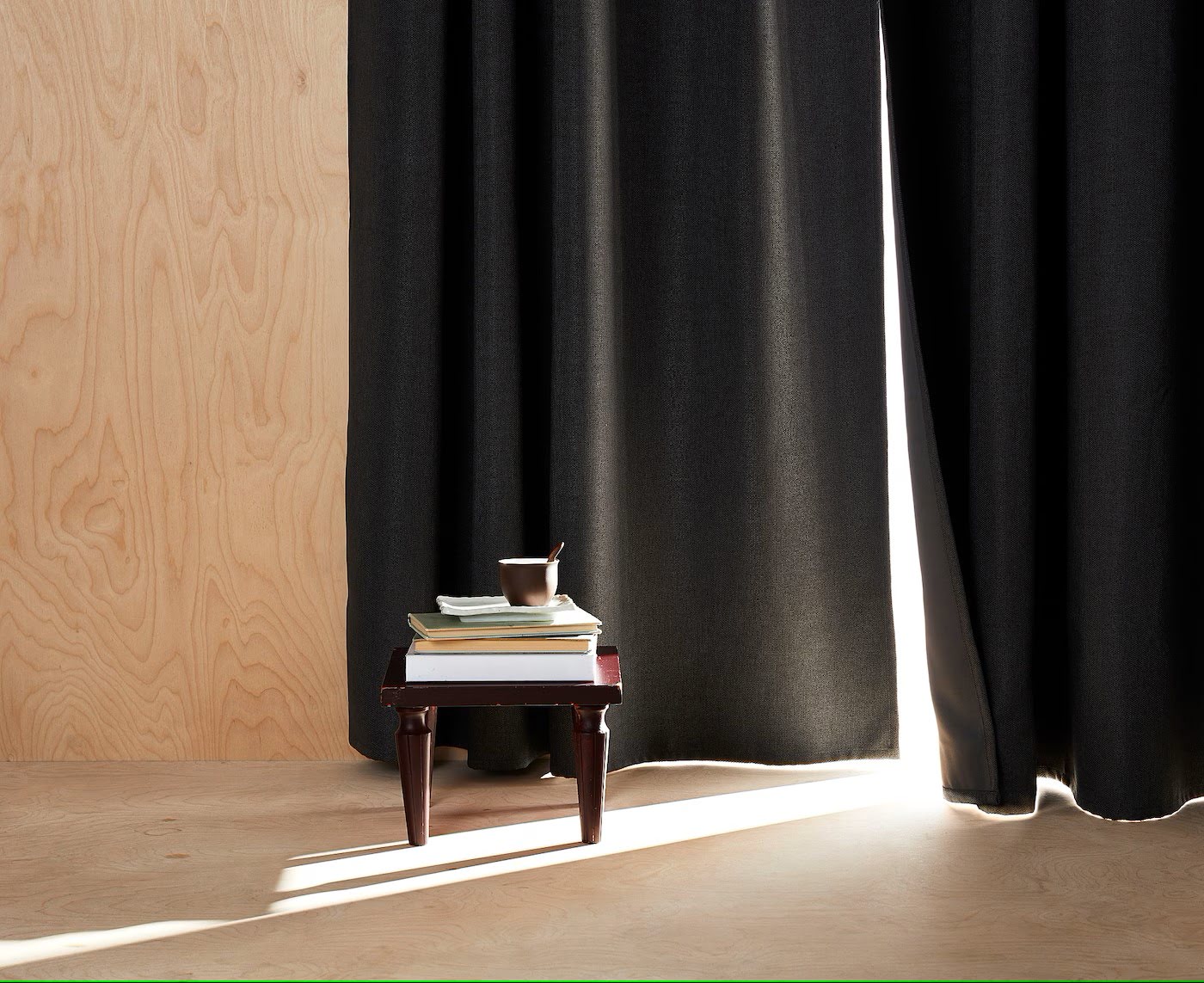

Articles
What Is The Difference Between Blackout And Room Darkening Curtains
Modified: August 16, 2024
Discover the distinctions between blackout and room darkening curtains in our informative articles. Find the perfect window coverings to enhance privacy and block unwanted light.
(Many of the links in this article redirect to a specific reviewed product. Your purchase of these products through affiliate links helps to generate commission for Storables.com, at no extra cost. Learn more)
Introduction
Welcome to our guide on the difference between blackout and room darkening curtains. When it comes to creating the perfect ambiance in your space, controlling the amount of light that enters a room is crucial. Both blackout curtains and room darkening curtains are designed to help reduce and control the amount of light that enters a space, but they differ in terms of their light-blocking capabilities and versatility.
In this article, we will define blackout curtains and room darkening curtains, discuss their light-blocking capabilities, explore their material and design differences, highlight their best uses, and provide some factors to consider when choosing between the two. By the end of this guide, you’ll have a clear understanding of which type of curtain is most suitable for your needs.
Key Takeaways:
- Blackout curtains provide complete darkness, ideal for bedrooms, home theaters, and nurseries. They block out external light sources, creating a serene and sleep-friendly environment for optimal rest and relaxation.
- Room darkening curtains offer a balanced solution, reducing light without eliminating it entirely. Versatile for living rooms, home offices, and dining areas, they enhance comfort and privacy while controlling natural light levels.
Definition of Blackout Curtains
Blackout curtains are specially designed window coverings that are constructed using heavy-duty, opaque fabrics. The primary purpose of blackout curtains is to block out as much external light as possible, creating a dark and sleep-friendly environment.
These curtains are typically made with multiple layers of tightly woven materials, such as polyester or microfiber, that have a special coating on the backside to enhance light-blocking capabilities. The coating helps to prevent light from penetrating through the fabric and entering the room, ensuring complete darkness when the curtains are drawn.
Blackout curtains also feature additional design elements to minimize light leakage, such as thick lining and double or triple layers. They often include built-in features like grommets, hooks, or back tabs for easy installation.
Due to their superior light-blocking capabilities, blackout curtains are highly effective in areas where you need complete darkness, such as bedrooms, home theaters, or nurseries. They are particularly useful for individuals who work night shifts and need to sleep during the daytime or those who are sensitive to light when sleeping.
While blackout curtains excel at blocking out light, it’s important to note that their primary function is not to provide insulation or soundproofing. However, some blackout curtains may offer additional benefits like thermal insulation or noise reduction if they are specifically designed with those features.
Definition of Room Darkening Curtains
Room darkening curtains, as the name suggests, are designed to reduce the amount of light that enters a room, but they do not provide complete darkness like blackout curtains. They are made with a variety of fabrics that have light-blocking properties to create a dimmer and more subdued atmosphere.
Room darkening curtains are generally created using medium-weight fabrics, such as cotton or polyester blends, that have a tighter weave compared to regular curtains. This tighter weave helps to restrict the amount of natural light that enters the room, resulting in a darker and more cozy environment.
Unlike blackout curtains, room darkening curtains may only have a single layer of fabric or a lighter lining that is still effective at reducing the brightness of sunlight. While they may not completely eliminate light, they are capable of significantly dimming the room and creating a comfortable space for relaxation or privacy.
Room darkening curtains are versatile and can be used in various areas of the home, including bedrooms, living rooms, or home offices. They are particularly suitable for spaces where you want to control the natural light without completely blocking it out.
It is important to note that room darkening curtains are not designed to provide insulation or soundproofing like some blackout curtains do. However, they can still offer a level of privacy and reduce glare from external sources, making them a popular choice for those looking to create a more intimate and soothing atmosphere in their rooms.
Light-Blocking Capabilities of Blackout Curtains
Blackout curtains are known for their exceptional ability to block out light and create a dark and peaceful environment. Here are some key features of blackout curtains that contribute to their superior light-blocking capabilities:
- Opaque Materials: Blackout curtains are made with heavy-duty, opaque fabrics that prevent light from passing through. These fabrics are typically constructed with multiple layers or a dense weave to ensure maximum light blockage.
- Special Coating: Blackout curtains often have a specialized coating on the backside of the fabric that enhances their light-blocking properties. This coating acts as a barrier, preventing light from penetrating through the fabric and entering the room.
- Thermal Lining: Some blackout curtains have an additional thermal lining that not only blocks out light but also provides insulation. This helps to regulate the room temperature by keeping heat out during the summer and retaining warmth in the winter.
- No Light Leakage: Blackout curtains are designed to minimize light leakage around the edges and seams. This is achieved through features like overlapping panels, weighted hems, or Velcro fastenings that create a tight seal and ensure minimal light enters the room.
With their exceptional light-blocking capabilities, blackout curtains are an ideal choice for areas that require complete darkness, such as bedrooms or home theaters. They are effective in blocking out external light sources, including streetlights, sunlight, or car headlights, enabling you to create a serene and comfortable environment for relaxation, sleep, or media viewing.
It’s important to note that while blackout curtains are highly effective at blocking out light, they are not designed to provide soundproofing or insulation. However, some blackout curtains may offer additional benefits like noise reduction or thermal insulation if they are specifically designed with those features.
Light-Blocking Capabilities of Room Darkening Curtains
While not as effective as blackout curtains, room darkening curtains still offer significant light-blocking capabilities. Here are some key features that contribute to their ability to reduce the amount of light that enters a room:
- Tighter Weave: Room darkening curtains are made with fabrics that have a tighter weave compared to regular curtains. This tighter weave restricts the amount of natural light that can pass through the fabric, resulting in a dimmer and more subdued interior.
- Medium-Weight Fabrics: These curtains are usually fashioned using medium-weight fabrics, such as cotton or polyester blends, which have inherent light-blocking properties. These materials absorb or reflect a significant portion of the incoming light, creating a darker ambiance inside the room.
- Lined or Layered Construction: Room darkening curtains may feature a lining or additional layers of fabric that enhance their light-blocking effectiveness. This added layer helps to further subdue the natural light and reduce glare.
- Effective at Reducing Glare: While room darkening curtains do not provide complete darkness, they are effective at reducing glare from external light sources. This makes them an excellent choice for rooms where you want to control the brightness without completely blocking out the light.
Room darkening curtains are versatile and can be used in various areas of the home, including bedrooms, living rooms, and home offices. They provide an ideal balance between controlling natural light and creating a cozy, semi-dark atmosphere. These curtains are particularly suitable for spaces where you desire privacy, a dimmed ambiance, and relief from excessive brightness.
Room darkening curtains should not be mistaken for blackout curtains, as they do not provide complete light blockage. However, they are a practical choice for individuals who want to create a more subdued and intimate environment without sacrificing all external light sources.
Blackout curtains are made with thicker, opaque fabric to block out all light, while room darkening curtains are made with lighter fabric to reduce some light. Consider your specific light-blocking needs when choosing between the two.
Material and Design Differences Between Blackout and Room Darkening Curtains
While both blackout curtains and room darkening curtains serve the purpose of controlling light, they differ in terms of the materials used and their design features. Here are some key differences between the two:
- Material: Blackout curtains are typically constructed using heavy-duty, opaque fabrics that have a dense weave. These fabrics are designed to block out as much light as possible. On the other hand, room darkening curtains are made with medium-weight fabrics, such as cotton or polyester blends, that have a tighter weave compared to regular curtains. These fabrics reduce the amount of light that enters the room, but not to the extent of complete blackout.
- Lining: Blackout curtains often feature a specialized lining or coating on the backside of the fabric that enhances their light-blocking capabilities. This lining helps to create a true blackout effect by preventing light penetration. In contrast, room darkening curtains may have a lighter or standard lining that still provides a level of light blocking but is not as effective as the lining in blackout curtains.
- Layers: Blackout curtains are often constructed with multiple layers of fabric to enhance their light-blocking properties. These layers help to create a denser barrier against light. Room darkening curtains usually have a single layer of fabric or a lighter lining, resulting in a dimmer, rather than fully darkened, room.
- Design Features: Blackout curtains are designed with features that minimize light leakage, such as overlapping panels, weighted hems, or Velcro fastenings. These design elements help to create a tighter seal and prevent light from entering the room around the edges and seams. Room darkening curtains may not have the same level of light-blocking design features, and therefore, there may be some light leakage around the edges.
It’s important to consider these material and design differences when choosing between blackout curtains and room darkening curtains. Blackout curtains are best suited for those who require complete darkness, such as individuals who work night shifts or those who are sensitive to light when sleeping. Room darkening curtains, on the other hand, are a suitable choice for individuals who want to control natural light and create a dimmer ambiance without eliminating all external light sources.
Best Uses for Blackout Curtains
Blackout curtains are highly versatile and have a wide range of applications in various spaces. Here are some of the best uses for blackout curtains:
- Bedrooms: Blackout curtains are particularly well-suited for bedrooms. They create a dark and peaceful environment, ideal for promoting restful sleep. By blocking out external light sources, such as streetlights or early morning sunlight, blackout curtains help to create a serene sleeping environment.
- Home Theaters: Blackout curtains are essential in home theaters or media rooms. They prevent any ambient sunlight from interfering with the projected screen or causing glare on television screens. This ensures a high-quality viewing experience and enhances the overall atmosphere of the space.
- Nurseries and Children’s Rooms: Blackout curtains are popular choices for nurseries and children’s rooms. They can help establish a sleep routine by creating a dark and calming atmosphere for daytime naps or early bedtimes. Blackout curtains also provide privacy and help reduce disturbances from exterior lights, promoting better sleep for little ones.
- Shift Workers: Individuals who work night shifts and sleep during the daytime can greatly benefit from blackout curtains. These curtains help create a dark and sleep-friendly environment during daylight hours, allowing shift workers to rest undisturbed and improve their overall sleep quality.
- Home Offices: Blackout curtains are also useful in home offices. They minimize external distractions by blocking out visual disturbances from outside, along with reducing glare on computer screens. This creates a comfortable and focused workspace, enhancing productivity and concentration.
Blackout curtains are best suited for areas where complete darkness is desired. Their superior light-blocking capabilities make them a popular choice for spaces that require a dim and tranquil atmosphere. Whether it’s for sleep, relaxation, or concentration, blackout curtains provide an effective solution for controlling light and creating a serene ambiance in various settings.
Best Uses for Room Darkening Curtains
Room darkening curtains offer a versatile solution for controlling light and creating a more subdued atmosphere in a room. Here are some of the best uses for room darkening curtains:
- Living Rooms: Room darkening curtains are a great choice for living rooms. They allow you to reduce glare from sunlight or external light sources, creating a more comfortable and enjoyable space for relaxation or watching television. Room darkening curtains can also help protect your furniture and other interior elements from fading due to excessive sunlight exposure.
- Home Offices: Using room darkening curtains in home offices can help reduce glare on computer screens and create a more conducive working environment. These curtains allow you to control the amount of natural light entering the room, making it easier to see your computer or written documents without straining your eyes.
- Dining Areas: Room darkening curtains can provide a pleasant dining experience by reducing harsh sunlight or streetlight glare during meals. They contribute to a more intimate and cozy atmosphere, making your dining area a more inviting space for entertaining guests or enjoying quiet family dinners.
- Media Rooms: If you have a designated media or entertainment room, room darkening curtains can help create the perfect cinematic experience. By limiting outside light, these curtains minimize reflections on screens and enhance the picture quality, allowing you to enjoy movies or games without distractions.
- Baby’s Room: Room darkening curtains are a popular choice for baby’s rooms or nurseries. They provide a dimmer environment, promoting better sleep for babies during daytime naps or early bedtimes. These curtains also help to create a calming and soothing atmosphere, reducing visual distractions in the room.
Room darkening curtains are versatile and can be used in various areas of the home where controlling light is desired without completely blocking it out. They offer a balanced solution, allowing you to create a more subdued ambiance and control the amount of natural light entering the room, enhancing comfort and providing privacy.
Factors to Consider When Choosing Between Blackout and Room Darkening Curtains
When deciding between blackout curtains and room darkening curtains, it’s important to consider various factors to ensure that you choose the right option for your needs. Here are some factors to consider when making your decision:
- Light Control: Assess your specific light control requirements. If you need complete darkness, such as in bedrooms or home theaters, blackout curtains are the better choice. If you prefer a dimmer environment or want to reduce glare without blocking out all light, room darkening curtains may be more suitable.
- Purpose of the Room: Consider the function of the room where you plan to install the curtains. If it’s a bedroom or a nursery where sleep is a priority, blackout curtains can create an optimal sleep environment. For other areas like living rooms or home offices, room darkening curtains may be sufficient to control light levels while maintaining a comfortable atmosphere.
- Aesthetic Appeal: Take into account the overall style and design of your space. Blackout curtains often come in dense, opaque materials that can provide a more dramatic and elegant look. Room darkening curtains, on the other hand, are available in various patterns and styles, offering more decor options to match your existing interior design.
- Budget: Consider your budgetary constraints. In general, blackout curtains tend to be slightly more expensive due to their specialized construction and enhanced light-blocking capabilities. If budget is a concern, room darkening curtains can offer a cost-effective solution while still providing a satisfactory level of light control.
- Climate and Energy Efficiency: Evaluate the climate in your area and the energy efficiency needs of your space. Some blackout curtains offer thermal insulation properties, helping to reduce heat transfer and maintain a comfortable temperature. If energy efficiency is a priority, blackout curtains may provide additional benefits in terms of insulation.
- Installation and Maintenance: Consider the practical aspects of installation and maintenance. Blackout curtains are usually heavier and may require sturdier curtain rods or hardware for proper installation. They may also have specific cleaning requirements, such as dry cleaning. Room darkening curtains, by contrast, are often lighter and easier to install and maintain.
By carefully considering these factors, you can make an informed decision about whether blackout curtains or room darkening curtains are most suitable for your specific requirements. Evaluating your light control needs, the purpose of the room, your budget, and other practical considerations will help you choose curtains that enhance the functionality and aesthetics of your space.
Read more: What Are Blackout Curtains
Conclusion
When it comes to controlling the amount of light that enters a room, blackout curtains and room darkening curtains are both valuable options. Blackout curtains excel at blocking out light completely, creating a dark and peaceful environment suitable for bedrooms, home theaters, and nurseries. On the other hand, room darkening curtains offer a dimmer atmosphere, reducing light without eliminating it entirely, making them versatile for various spaces such as living rooms, home offices, and dining areas.
When choosing between blackout curtains and room darkening curtains, it’s essential to consider your specific light control needs and the purpose of the room. If you require complete darkness or have specific sleep-related requirements, blackout curtains are the ideal choice. If you prefer a more subdued ambiance or need light control without eliminating natural light entirely, room darkening curtains are a practical solution.
Other factors to consider include your aesthetic preferences, budget, climate, energy efficiency requirements, and the practical aspects of installation and maintenance. Understanding the differences in material, design, and light-blocking capabilities between the two types of curtains will help you make an informed decision that enhances the functionality and style of your space.
Ultimately, whether you choose blackout curtains or room darkening curtains, both options offer an excellent solution for controlling light, creating privacy, and enhancing the overall ambiance of your rooms. Whichever option you choose, the right curtains will help you achieve the perfect lighting, privacy, and comfort in your living space.
Frequently Asked Questions about What Is The Difference Between Blackout And Room Darkening Curtains
Was this page helpful?
At Storables.com, we guarantee accurate and reliable information. Our content, validated by Expert Board Contributors, is crafted following stringent Editorial Policies. We're committed to providing you with well-researched, expert-backed insights for all your informational needs.
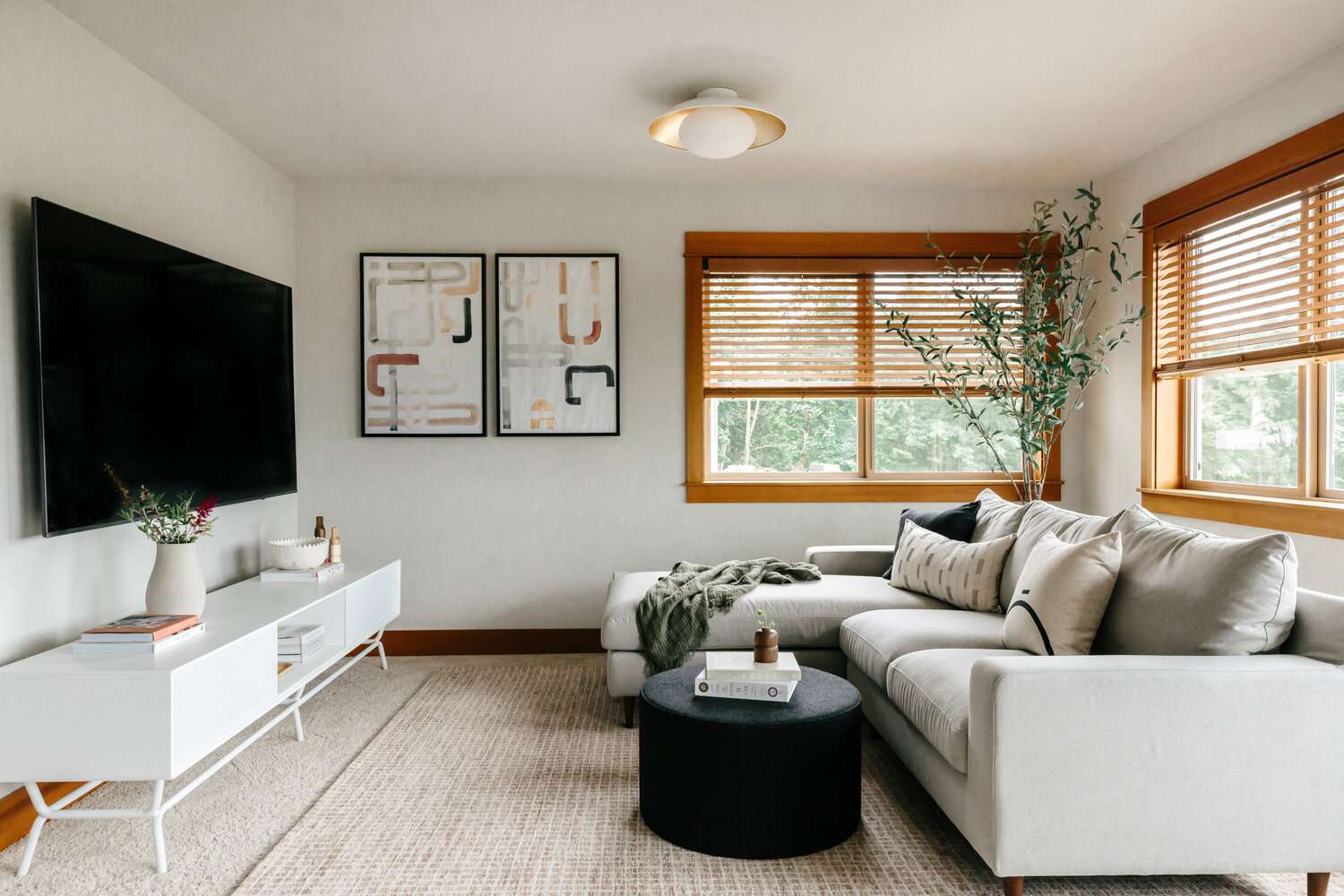
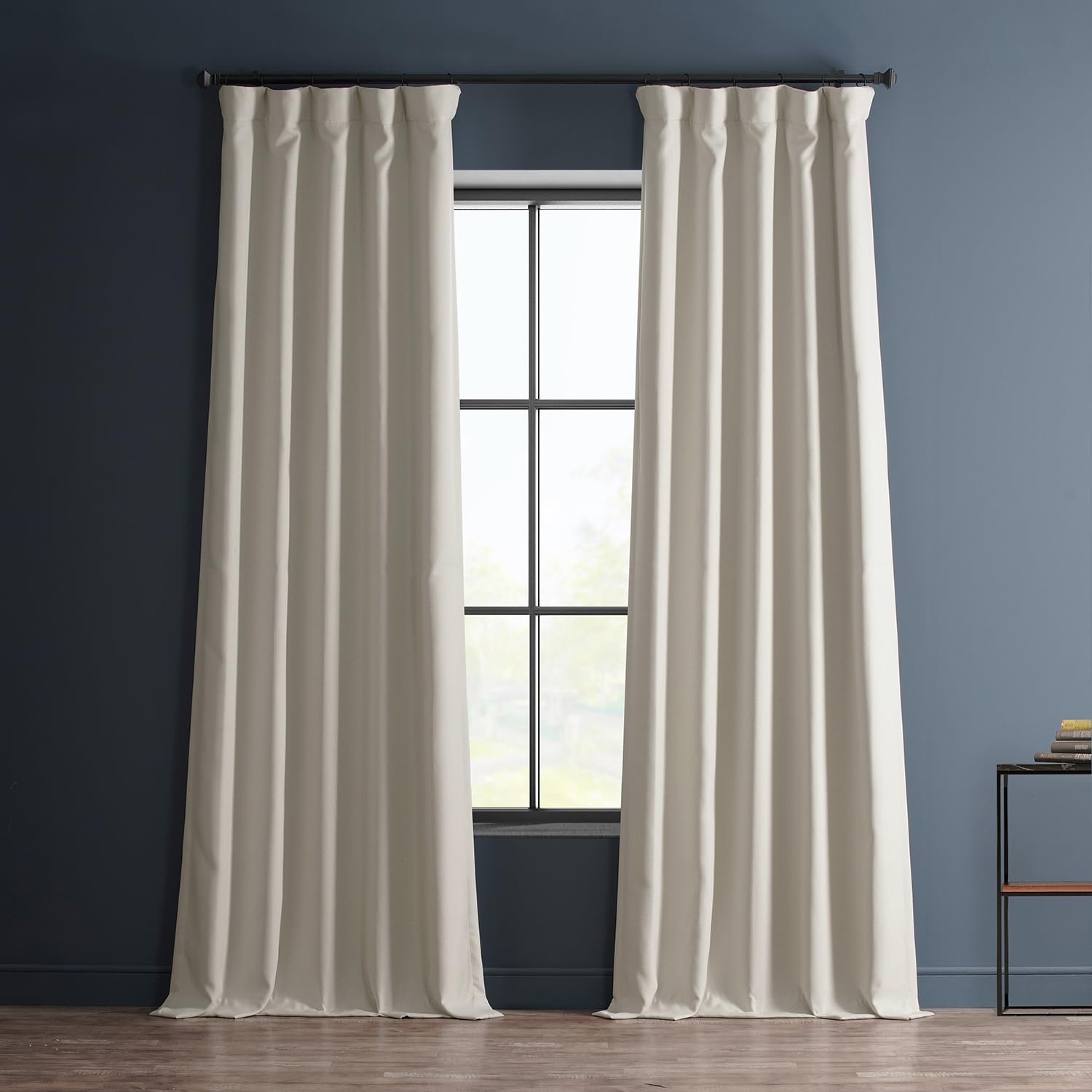
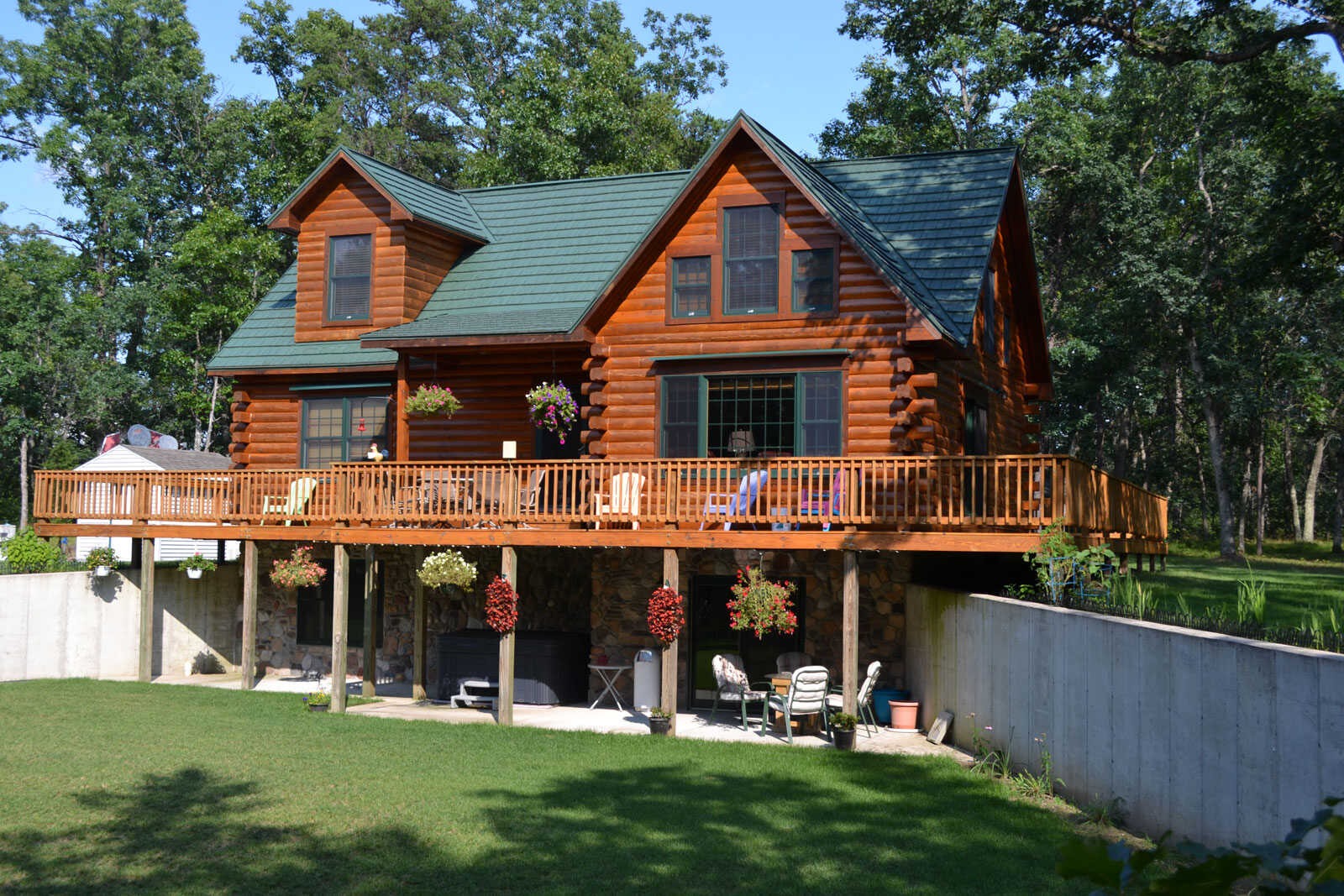
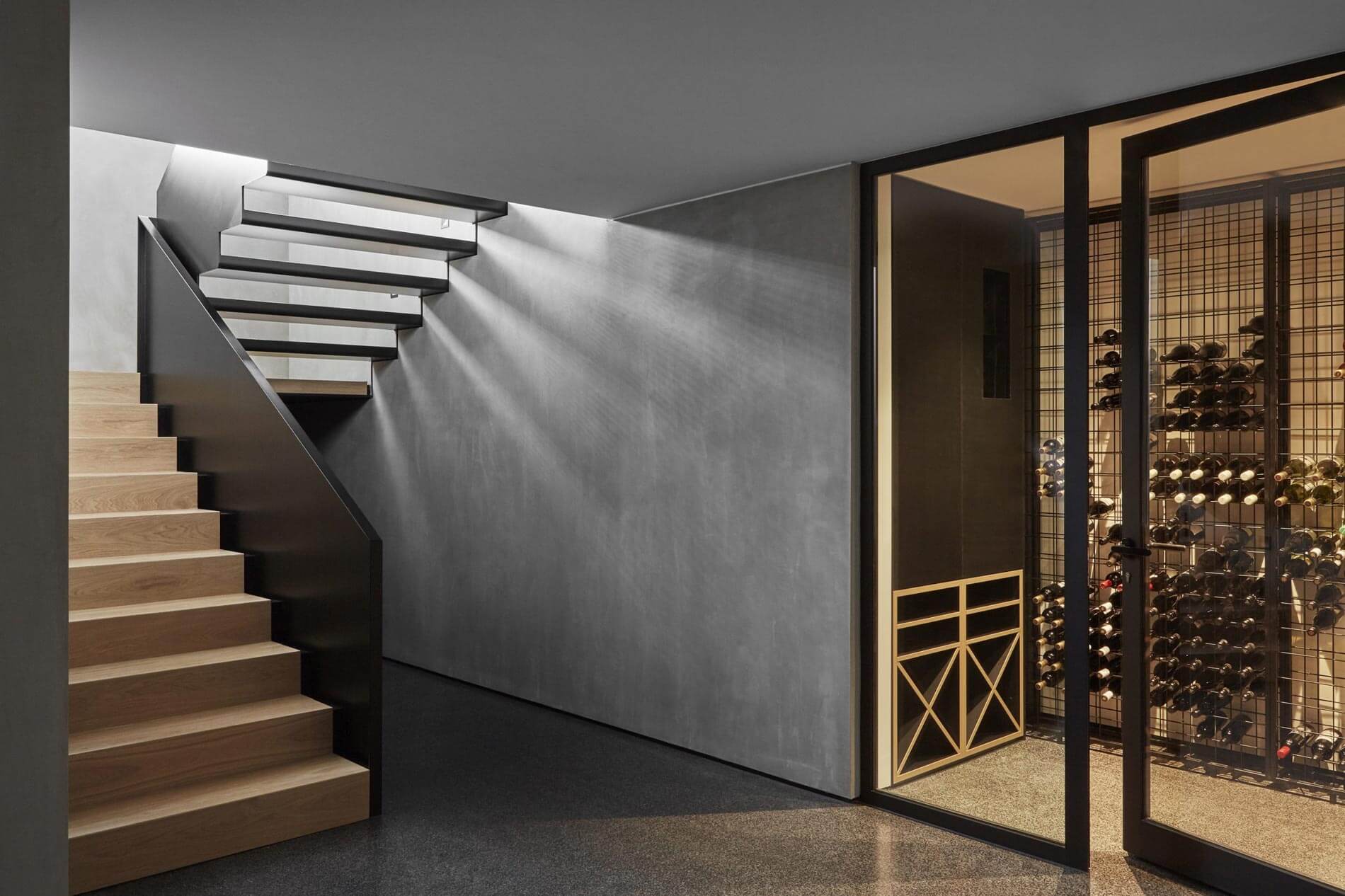

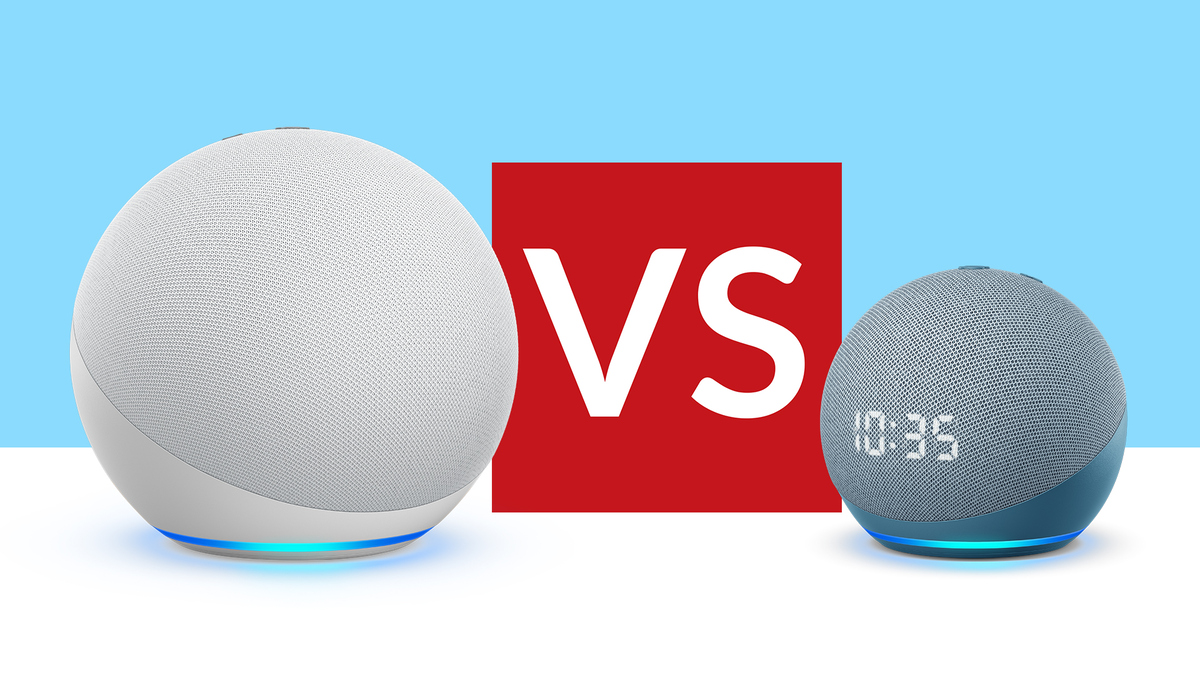
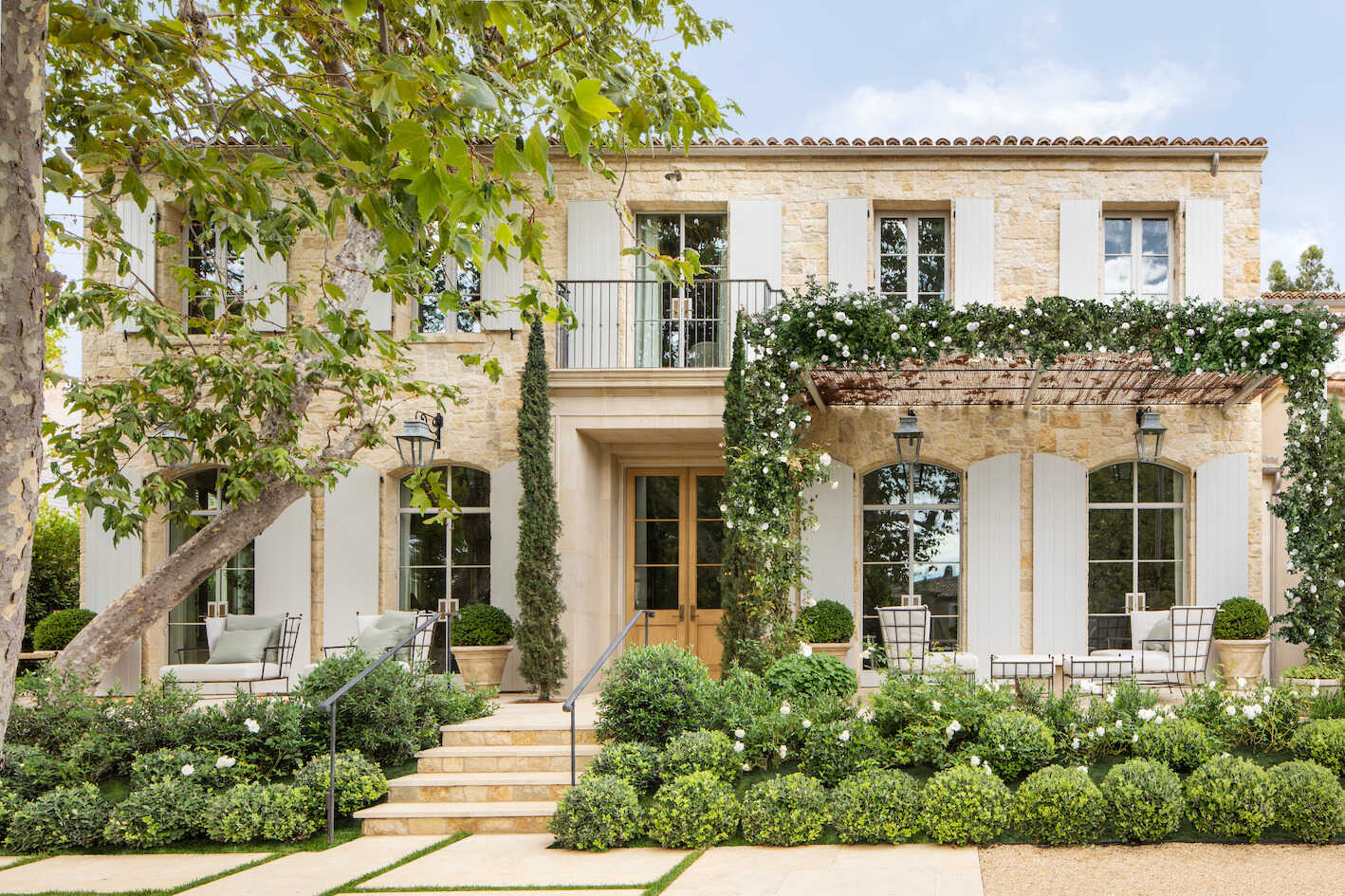
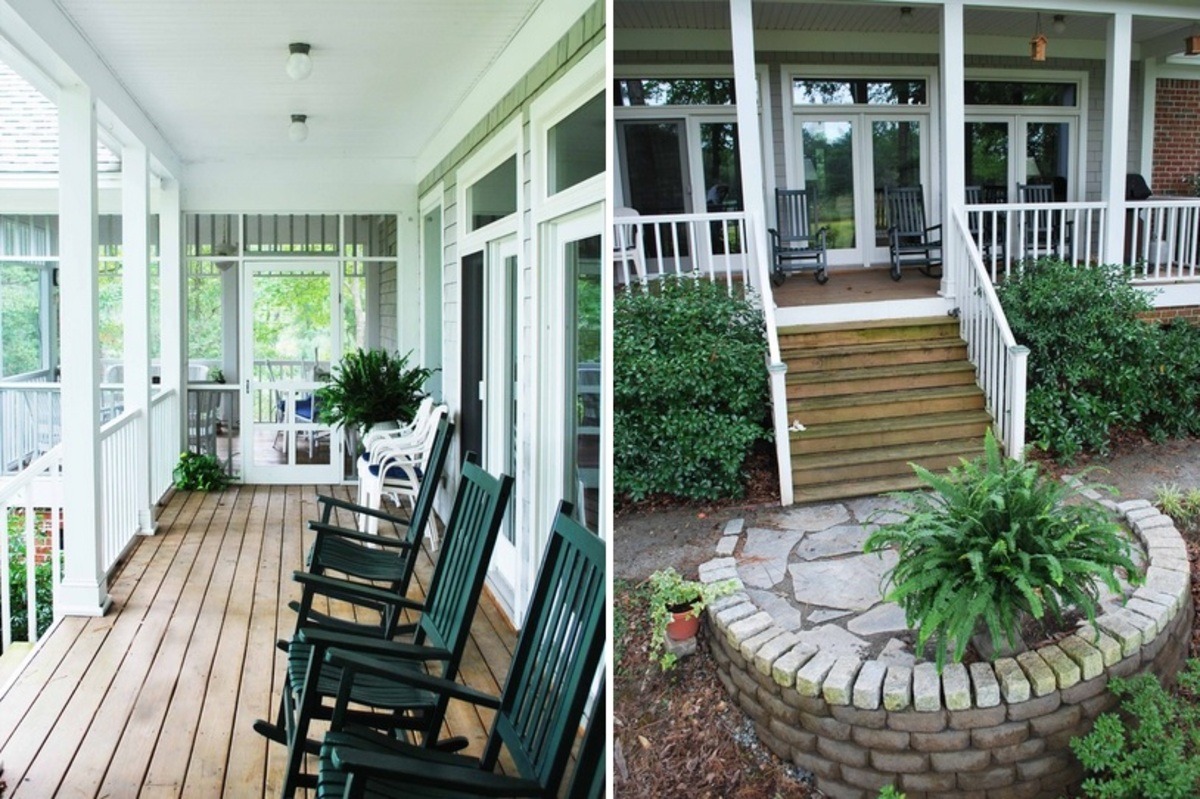
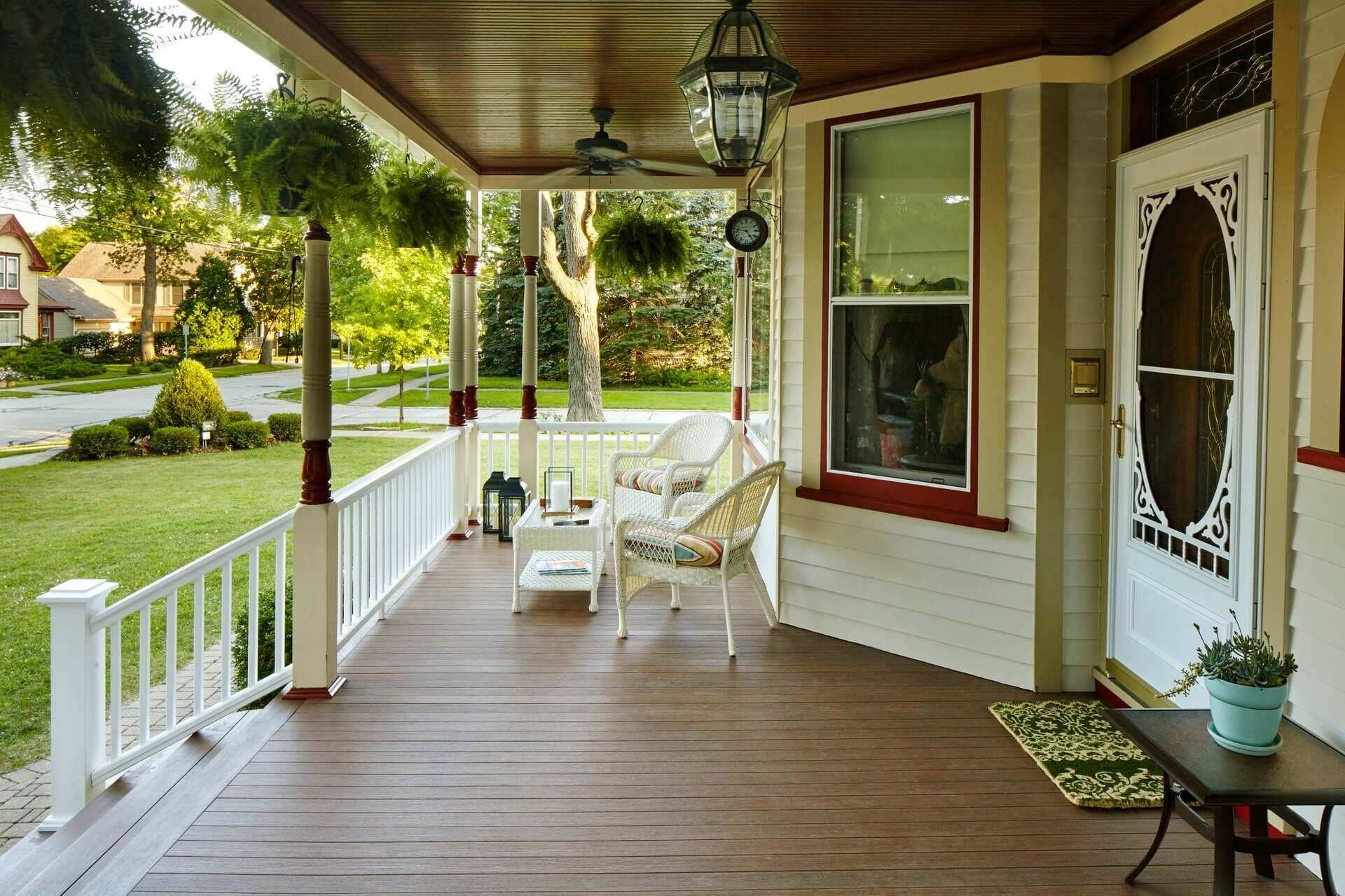
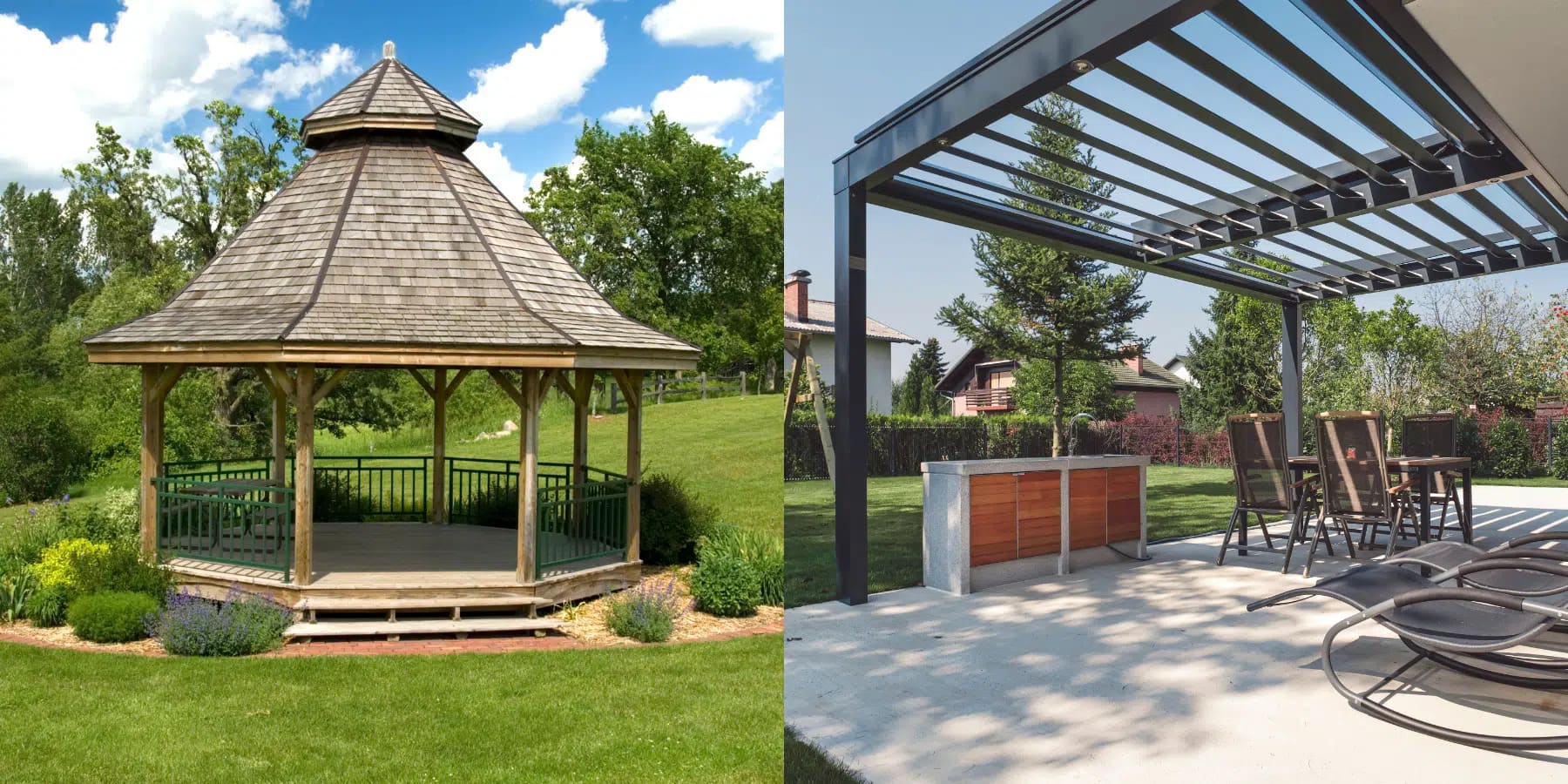
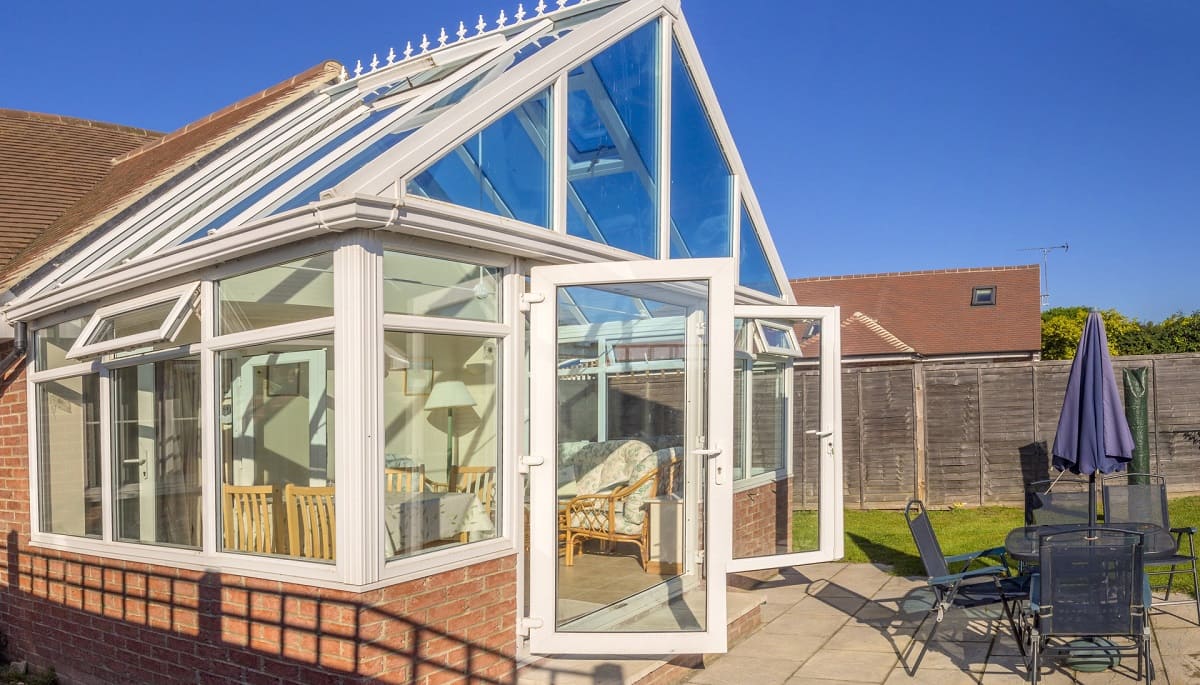
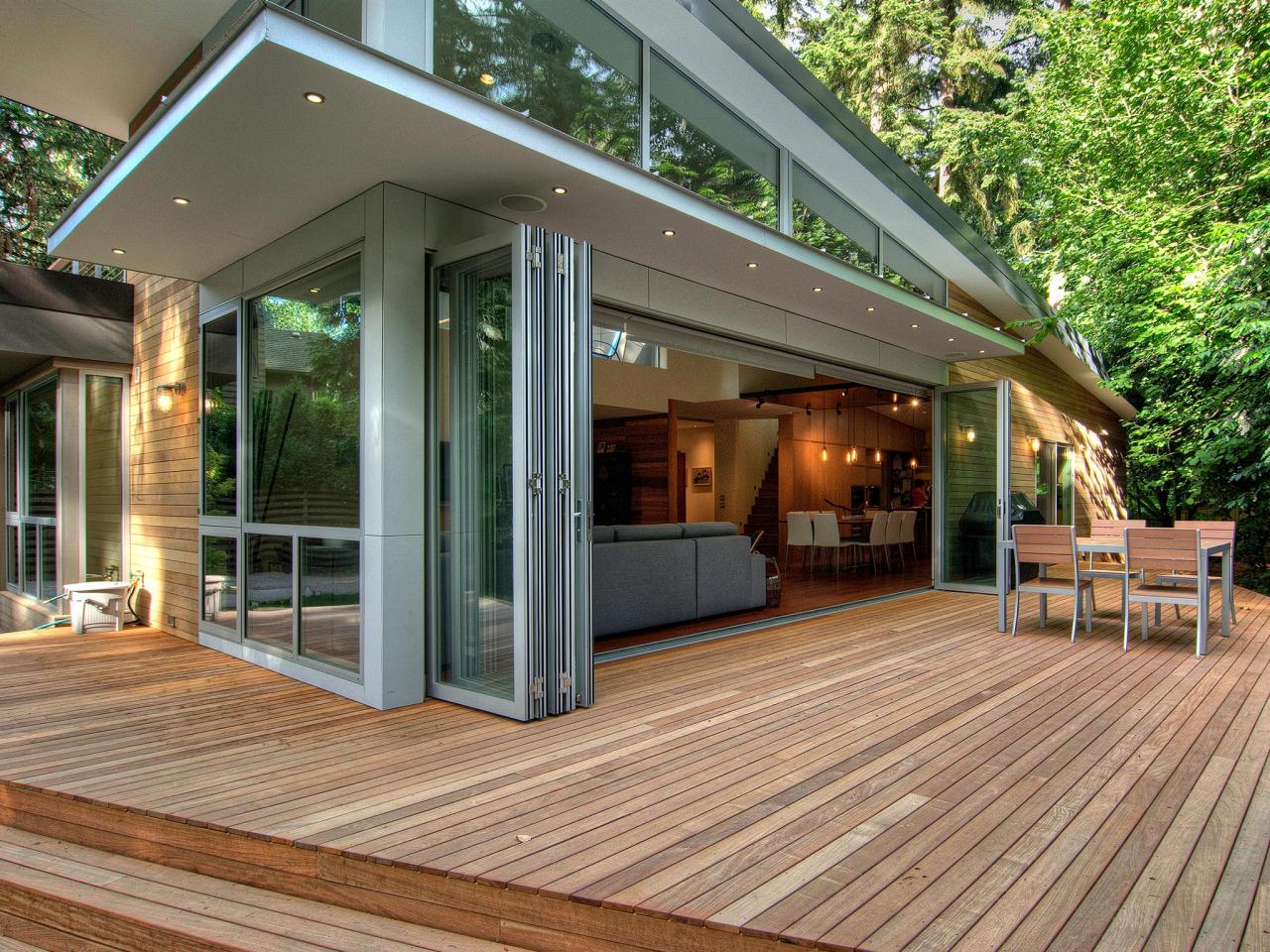
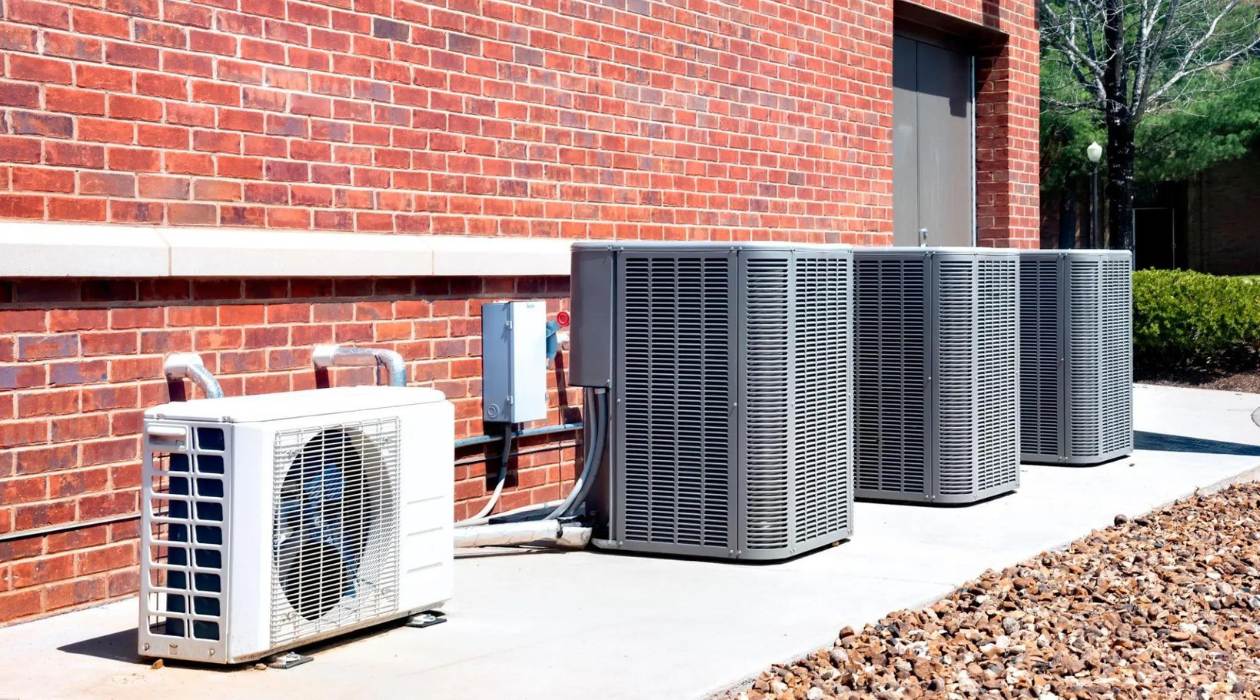

0 thoughts on “What Is The Difference Between Blackout And Room Darkening Curtains”